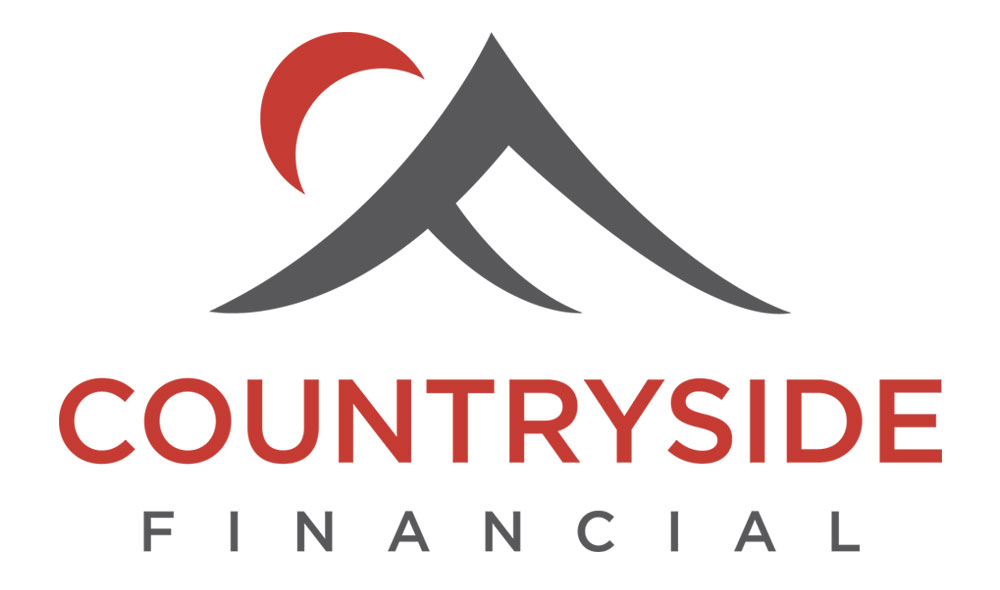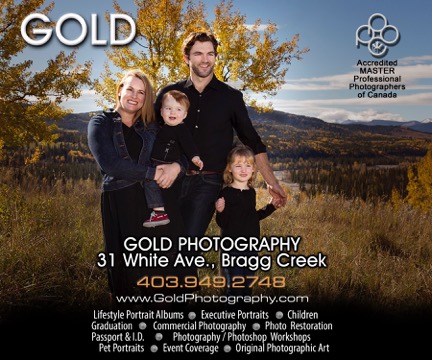Financial Roulette During Your Employable Years
Unfortunately, most things that could kill you are more likely to disable you instead. If you only have life insurance, you don’t understand the odds!
Most of us take for granted that we will be able to get out of bed every morning and go to work to earn a living. We base our financial plans on this seemingly obvious concept.
Your most valuable asset is not your investment portfolio, your home, or any other physical assets you may own. Your most valuable asset is your ability to earn an income. Unfortunately, your ability to earn an income can be very vulnerable to interruption or even termination.
You might have life insurance, a medical and dental plan, and full coverage on your house, cottage and vehicles. But have you secured your most valuable asset against the greatest risk to your lifestyle? The threat of a disability, due to accident or illness, is greater than the other risks you routinely cover.
A disabling injury or sickness that lasts too long can be catastrophic. The principal breadwinner of a family, instead of being a major source of family income, soon becomes a drain on its remaining resources. And these resources may already be strained by other family demands.
Men are usually 3 to 8 times more likely to suffer a disability than to die. A 25- year old women is about 28 times more likely to be disabled than to die. By age 40 her odds of disability versus death have been reduced to 18 times and by age 55 to 6 times.1
If you become disabled for a period exceeding 90 days, the average disability then lasts between 2.5 and 5.0 years.1 This is the average, but remember, that for many people the disability is PERMANENT.
Generally, your most valuable asset is your ability to earn a living. Your earning potential, from today until you turn 65, varies with your salary and age. A 25-year old, earning $50,000 annually, has an earning potential, between age 25 and age 65, of $3,770,000 with an assumed 3% annual salary increase. You wouldn’t take your car out of the driveway without insurance, yet your ability to work is 50 to 100 times more valuable, and still most people take this earning potential everywhere they go, without having it insured.
There is a false belief among Canadians that if disability strikes, other sources of income will be adequate to cover the loss of income. These could include savings, a bank loan, spousal income or other assets. Unfortunately, none of these sources are adequate to protect against a long-term disability. In fact, if a client saved 5% of his or her annual income for 10 years it would take only six months to wipe out the savings.
The answer to the next two questions should tell you whether or not you need disability insurance. Do you and your family depend on YOUR earnings for food, clothing and shelter? How soon after your pay cheque stops will your bills stop?
When disability happens income stops, unfortunately expenses don’t, and in many cases they increase. Money to live on has to come from somewhere and often comes from savings or through an increase in debt load when people do not have disability income replacement insurance coverage. Without disability coverage, RRSPs, and other investments intended for retirement, become one of the first casualties.
Final Note: Living within your income is difficult; but living without your income is impossible.
Call me today to review your insurance coverage to see what needs you might have in your particular circumstances.
Also, visit our business website myfinancialsolutions.ca for additional financial information on insurance, retirement/estate planning, investments and a whole host of other financial topics.
Robert Hughes,
P. Eng., CFSB, CFP, CPCA
myfinancialsolutions.ca
1 Society of Actuaries


























